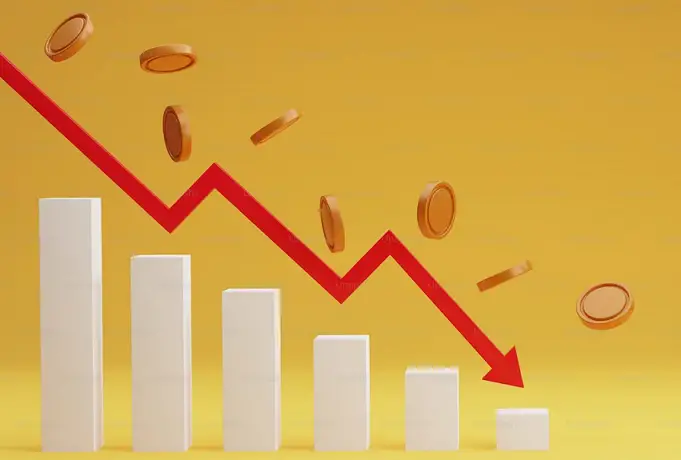On Monday, Reuters reported that the uncontrolled accumulation of debt by Western countries, as well as social spending and the increasing amounts being expended on climate change, are all increasing the risk of a major global financial crisis in developed economies.
In the first half of the year, global debt increased by $10 trillion to a record $307 trillion, with wealthier nations accounting for over 80% of that increase, according to data from the Institute of International Finance. In the US, the UK, and Italy, state borrowing is at or above 100% of national output.
In a poll by Reuters of more than 20 prominent economists, the United States, which only narrowly avoided going into default this year after reaching its debt limit, the UK, and Italy are the biggest concerns right now, due to their levels of spending.
In just 20 days, the national debt of the United States skyrocketed by over $500 billion, to reach $33.5 trillion, according to Treasury Department data released last week.
Peter Praet, former chief economist at the European Central Bank said, “You can take many, many countries today, and you will see that we are not far away from a public finances crisis.”
In addition, as interest rates have risen, the interest payments on the national debts are now surging, adding to the pressures affecting the countries’ national budgets going forward.
Economists are pointing out that the fragile nature of the economic environment, featuring rising borrowing costs and dwindling central bank support is putting developed nations at risk of entering a market rout.
Praet warned, “If you have an accident, or a combination of events, then you go into an adverse, non-linear, dynamic sort of process. That is something which is a real possibility.”
In July, government borrowing in Italy surpassed $3 trillion, lifting it to the position of the second most indebted government in the EU after Greece, and leaving it among the most indebted nations in the world. In October, as Rome cut growth and increased its budget deficit forecasts, its debt risk premium soared.
Claudio Borio, head of the Bank for International Settlements’ monetary and economic department, said that the longer-term “government debt trajectories pose the biggest threat to macroeconomic and financial stability.”
Investors continue to worry about “uncomfortable” debt levels, and say that there is a real risk of market turmoil arising from the lack of credibility of the spending strategies of governments. Meanwhile, the ongoing dual crises in the Middle East and Ukraine could exacerbate all of these challenges even more.

